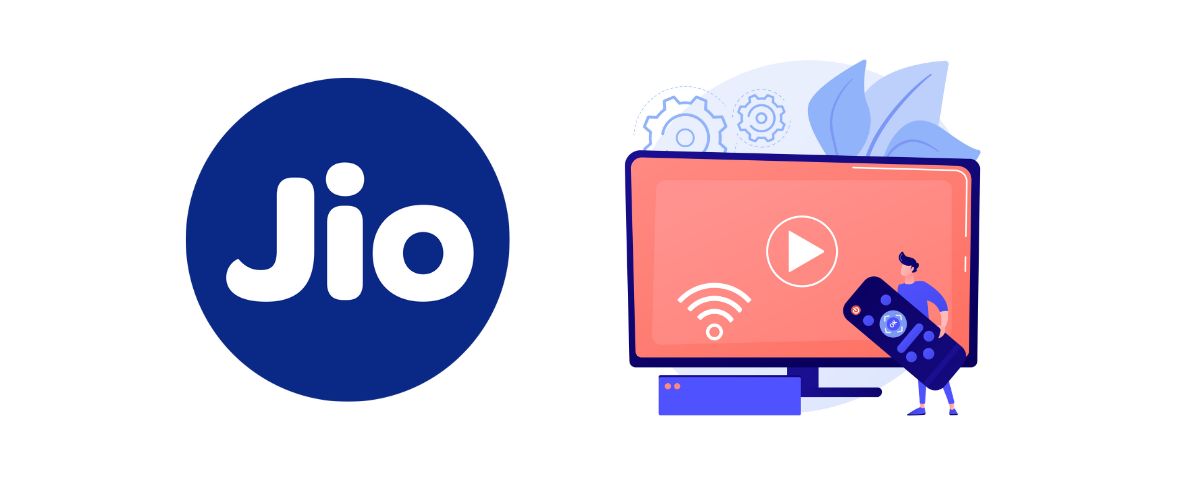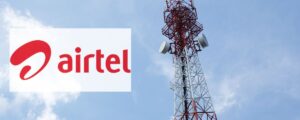
In response to the pre-consultation paper for the National Broadcasting Policy (NBP) issued by the Telecom Regulatory Authority of India (TRAI), Reliance Jio Infocomm, led by Mukesh Ambani, has voiced its opposition to the proposed abolition of license fees for direct-to-home (DTH) operators. The telecom giant argues that such a move would unfairly disadvantage cable TV and result in financial losses to the national exchequer.
TRAI had initially recommended the elimination of license fees for DTH operators after FY27, aligning them with other distribution platforms such as cable TV, HITS, IPTV, and OTT services. However, Reliance Jio contends that DTH operators possess a competitive advantage due to spectrum usage, eliminating the need for ground-based networks and allowing nationwide coverage without additional infrastructure investments.
Given Reliance Industries’ significant stake in India’s top three cable TV companies—Hathway Cable and Datacom, DEN Networks, and GTPL Hathway—it is unsurprising that the company seeks measures from TRAI that either level the playing field or provide them with a competitive edge.
Acknowledging the infrastructure costs associated with cable TV, Reliance Jio emphasized that DTH’s subscriber count has surpassed cable TV due to spectrum availability across the country, with 65.25 million DTH subscribers compared to cable TV’s 64 million. The company contends that services utilizing spectrum, as a public resource, should contribute to the national exchequer based on market-driven prices.
Reliance Jio also advocated for spectrum allocation through open bids to ensure transparency, fair allocation, technology diversity promotion, and safeguarding national revenue. The telecom major suggested deploying spectrum bands for broadcasting services within communication services.
GTPL Hathway, in its submission, highlighted key trends and challenges facing the broadcasting industry, including the proliferation of digital platforms, audience fragmentation, increased competition, and evolving business models. They urged TRAI to create a level playing field for all platforms delivering similar services, including OTT platforms and Free Dish.
The Indian Broadcasting and Digital Foundation (IBDF) proposed an alternative approach, suggesting a principle-based policy instead of an NBP. According to IBDF, such a policy would offer flexibility, cater to various situations, foster innovation, and set high-level goals.
The Internet and Mobile Association of India (IAMAI) emphasized the unique nature of the broadcasting sector and urged TRAI to establish distinct guidelines for telecom, broadcasting, and digital services. IAMAI highlighted the need for separate treatment, cautioning against convergence assumptions despite bundled services like cable TV and broadband.
TRAI released the pre-consultation paper for the National Broadcasting Policy on September 21, 2023, with the last date for responses initially set at October 10, 2023. However, the authority decided to extend the deadline twice, ultimately concluding on November 7, 2023, in response to stakeholder requests.



